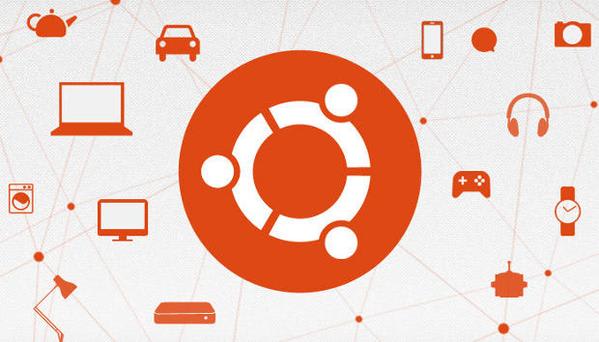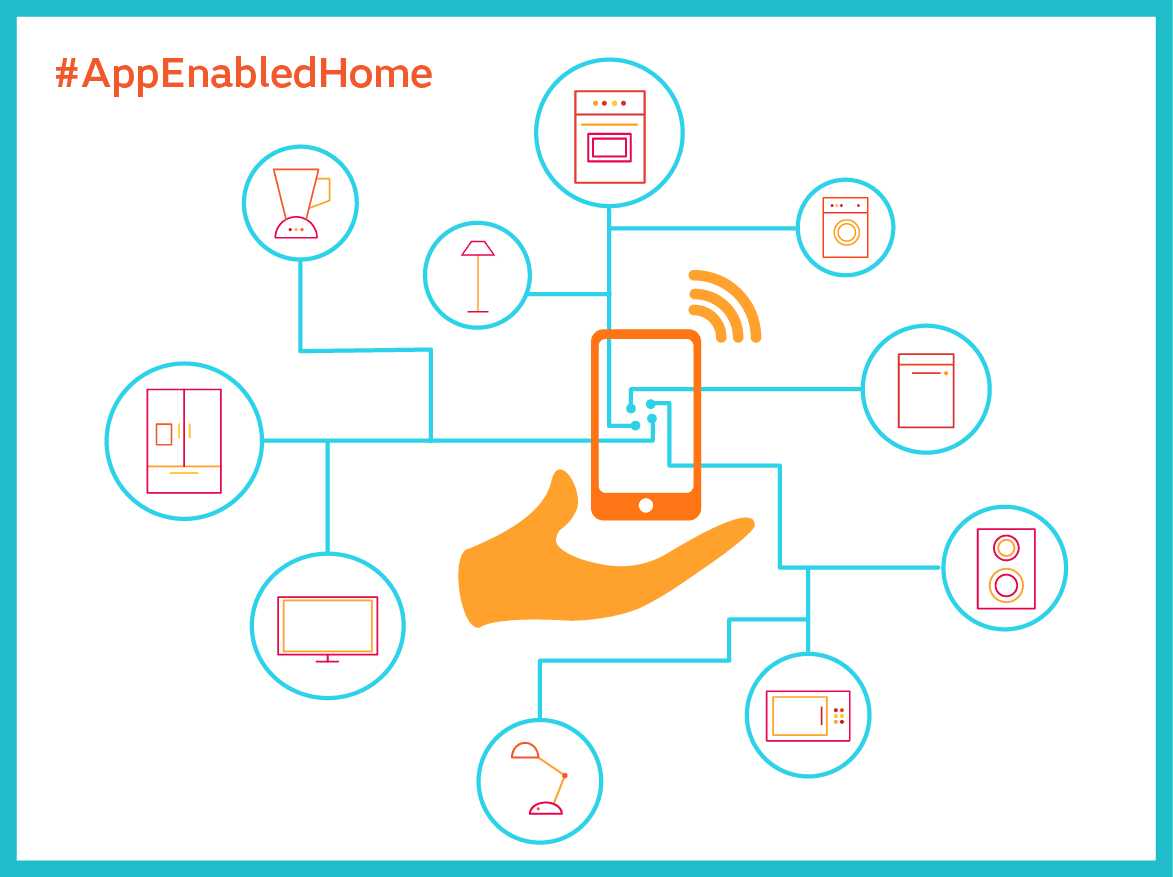Crowdsourcing the #AppEnabledHome: GE, FirstBuild and Canonical
Maarten Ectors
on 22 September 2015
Tags: developers , IoT , Ubuntu Core

IoT is changing the home. Soon you will have apps and app stores on any type of home appliance. Earlier this year, GE’s FirstBuild brought to market the first app-enabled fridge. However, before IoT in the home can be mass market some problems will have to be solved first. What apps will people want? How can developers create apps for different appliances and competing brands? What hardware should apps run on?? How to make sure different types of hardware can be supported and that hardware can be replaced when becomes outdated without having to buy another fridge or dishwasher? How to make appliances IoT-ready without adding extra costs for consumers that don’t want IoT just yet?
The regular approach would be to create a new standardization group to solve these questions. Unfortunately there are too many standards and standardization groups as it is, and most don’t deliver on their promise of an easy-to-use solution with large adoption.
GE, FirstBuild and Canonical are joining forces with a novel approach: “Crowdsourcing IoT Standards”. Via a series of contests and a crowdfunding campaign we want to crowdsource the future of the app-enabled home. The end-result will be open sourced hence anybody can benefit from it.
Phase 1 – The Hardware for the Home
The problem is that appliances are made in high volume, and the majority of customers are not interested in IoT, at least not yet. We want to enable IoT functionality on as many appliances as possible, without adding cost to the majority of customers who might never use them.
Even for those interested in IoT, it is unlikely to be the most important consideration when shopping for an appliance. Price, appearance and features are of greater priority even for early IoT adopters. Customers don’t want to sacrifice the choice of other important factors in order to get IoT-enabled appliances.
So how can we enable connections to appliances in a smart way that only adds cost for the customers willing to pay it? Can we leverage service/diagnostic interfaces? Are there existing devices that could be added after-market to achieve these goals? Is there an interface already built into the class of micro-controllers commonly found in appliances that could be exposed at a very low cost?
Pluggable hardware for home appliances
Long-lived, app-enabled home appliances will need a simple way to plugin a micro-server, power this micro-server and connect the micro-server to the appliance’s micro-controller. This first contest is about defining an open standard for any micro-server to be easily plugged into any smart home appliance.
Why not a regular standardization organization?
Establishing a standard through the traditional approach of standardization bodies is both slow and painful. GE’s FirstBuild is already selling app-enabled appliances and needs a standard now. Most IT standards today are ratified through adoption vs. committee. Crowdsourcing and contests are already heavily used by GE’s FirstBuild and so, to replicate the same formula to define a standard is a natural step. The outcome will be published on github and open sourced, hence anybody will be able to build a board that is compliant. The objective is to make this standard applicable to any type of home appliance from any vendor and, furthermore, be applicable outside the home. The idea, however, is not to reinvent something new if a combination of existing standards solves the problem. Ideally, existing standards from other industries can be reapplied in a new way to fix the aforementioned problems.
Why is a standard important for developers?
Developers want easily available, well supported and cost-effective boards that are used at large scale inside home appliances. This makes writing apps a lot easier. If every type of device and appliance is unique, then every app needs to be cross-compiled, packaged differently, etc. For this reason GE Appliances, FirstBuild and Canonical, the company behind Ubuntu, are working together to make creating apps really easy via the open source snappy Ubuntu Core IoT operating system.
Who can participate?
Anybody can take part. For rules and requirements to participate please check out this link. We want both individuals as well as hardware companies to come up with ideas and suggestions. We want the final solution to be able to be compatible with as many boards as possible. This is why we are asking hardware vendors to reach out to their community to make sure each board is well represented.
Phase 2 & 3 – Next Steps
This is a historical first so we hope phase 1 is very successful. The idea for phase 2 is to crowd-source the APIs which developers can use to explore the capabilities of a home appliance and interact with it, independent of the type or brand. The objective is to make writing apps for home appliances easy and portable.
Phase 3 will be about crowdsourcing apps and doing a crowdfunding campaign in which hardware, base software and apps all come together in an appliance consumers can buy for their home. We want to give hardware vendors and app creators a market to sell their solutions.
Help us app enabling your home by participating and by spreading the word on social networks using the #AppEnabledHome.
Open source is what we do
We believe in the power of open source software. Besides driving projects like Ubuntu, we contribute staff, code and funding to many more.
Newsletter signup
Related posts
What are our partners building for device makers? Explore the highlights from Ubuntu IoT Day Singapore
Our first Ubuntu IoT Day in Southeast Asia – and our first ever event in Singapore! It was long overdue, as several attendees were quick to remind us. Ubuntu...
Ubuntu IoT Day in Singapore – Unlock compliant and scalable innovation in edge AI
Singapore | May 27, 2025 | Full-day event How do you build robust, performant edge AI infrastructure? This is the question organizations are asking themselves...
Announcing FIPS 140-3 for Ubuntu Core22
FIPS compliance for IoT use cases in Federal space. In this article, we’ll explore what Ubuntu Core is, and how to use it with FIPS.

